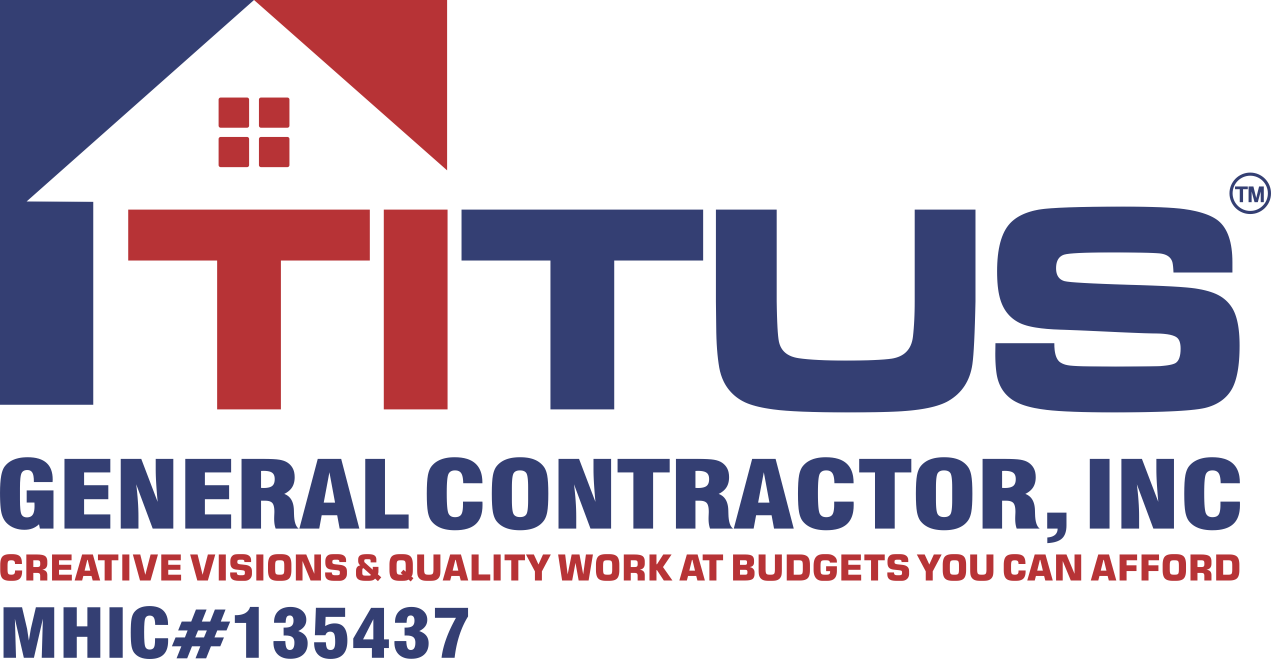BLOG POSTS

Choosing the Right Materials for a Durable and Stunning Pergola
Choosing the Right Materials for a Durable and Stunning Pergola
When building a pergola, choosing the right materials is essential to ensure both durability and aesthetic appeal. Your selection will impact not only how long the pergola lasts but also how well it blends with your outdoor space. Here’s a guide to help you choose the best materials for a pergola that is both functional and beautiful.
1. Wood: The Classic Choice
Wood is the most traditional and popular material for pergolas, offering natural beauty and a range of design options. There are several types of wood to consider, each with its own strengths:
- Cedar: One of the most durable woods for outdoor use, cedar is naturally resistant to rot, insects, and harsh weather conditions. It has a rich, reddish hue and can be left untreated to develop a weathered gray patina over time. Cedar pergolas are long-lasting and require minimal maintenance.
- Redwood: Known for its durability and resistance to decay, redwood is another excellent option. Its deep red color gives it a luxurious look, and like cedar, it weathers well without much upkeep. However, redwood can be more expensive than other wood types.
- Pressure-Treated Pine: For a more budget-friendly option, pressure-treated pine is widely available and resistant to rot and insects due to its chemical treatment. While it’s less durable than cedar or redwood, it can last for many years with proper sealing and maintenance.
Pros: Natural beauty, customizable, timeless appeal
Cons: Requires regular maintenance like sealing and staining to protect against the elements
2. Vinyl: Low-Maintenance and Modern
Vinyl pergolas are a popular choice for homeowners looking for a low-maintenance option. Made from polyvinyl chloride (PVC), vinyl pergolas are durable, weather-resistant, and won’t warp, crack, or rot over time. They also don’t need to be painted, stained, or sealed, making them a hassle-free option for long-term use.
Vinyl pergolas are available in a range of colors, though they are most commonly found in white. They offer a clean, modern aesthetic, though some may feel they lack the natural charm of wood.
Pros: Low maintenance, resistant to weather, rot, and insects
Cons: Limited color options, lacks the natural look of wood
3. Metal: Modern and Durable
For a sleek, modern look, metal pergolas are an excellent option. Steel and aluminum are the two most used metals for pergolas.
- Aluminum: Lightweight and rust-resistant, aluminum pergolas are perfect for areas with high humidity or coastal climates. They’re easy to maintain and can be powder-coated in a variety of colors to match your outdoor design.
- Steel: Stronger and heavier than aluminum, steel pergolas provide excellent durability and can support larger structures. However, steel needs to be treated or powder-coated to prevent rusting, especially in damp environments.
Metal pergolas are perfect for contemporary outdoor spaces and can be paired with modern furniture and decor for a streamlined look.
Pros: Extremely durable, modern appearance, low maintenance
Cons: Can be more expensive, may need rust protection (in the case of steel)
4. Fiberglass: Strong and Weather-Resistant
Fiberglass pergolas are becoming increasingly popular due to their durability, strength, and lightweight nature. Fiberglass is resistant to rot, rust, and weather damage, making it ideal for any climate. Unlike wood or metal, fiberglass won’t warp or deteriorate over time, and it requires almost no maintenance.
Fiberglass pergolas can be painted to match any outdoor color scheme and hold their color much longer than wood or metal. They are a great choice for homeowners looking for a long-lasting, elegant structure without the upkeep.
Pros: Lightweight, durable, resistant to weather and corrosion, long-lasting
Cons: More expensive upfront than wood or vinyl
5. Composite Materials: The Best of Both Worlds
Composite materials combine the best qualities of wood and plastic, offering the natural look of wood with the durability of synthetic materials. These pergolas are designed to be low maintenance, as they are resistant to rot, insects, and moisture. Composite pergolas often come in a variety of colors and finishes, mimicking the appearance of real wood.
While composite pergolas are typically more expensive than wood or vinyl, their durability and low maintenance requirements make them a smart long-term investment.
Pros: Looks like wood, low maintenance, highly durable
Cons: Higher cost, limited color options compared to wood
Conclusion
Choosing the right materials for your pergola comes down to balancing durability, aesthetics, and maintenance needs. Whether you prefer the natural beauty of wood, the low-maintenance appeal of vinyl, or the strength of metal or fiberglass, there’s a material that suits your backyard vision. By selecting the appropriate material, you can ensure your pergola not only enhances your outdoor space but also stands the test of time.
If you’re ready to start building your dream pergola, contact Titus General Contractor Inc. for professional advice and installation services. We’ll help you choose the best materials and design for a pergola that perfectly complements your home.


Delivering excellence in construction and renovation with a commitment to quality craftsmanship and customer satisfaction in Bowie, Maryland.
HOURS OF OPERATION
MON - FRI 9:00AM - 7:00PM
SAT - By Appointment Only
SUN - Closed
ACCREDITATION
Licensed
Bonded
Fully Insured MHIC #135437
CONNECT
© 2024 Titus General Contractor Inc. All Rights Reserved.

